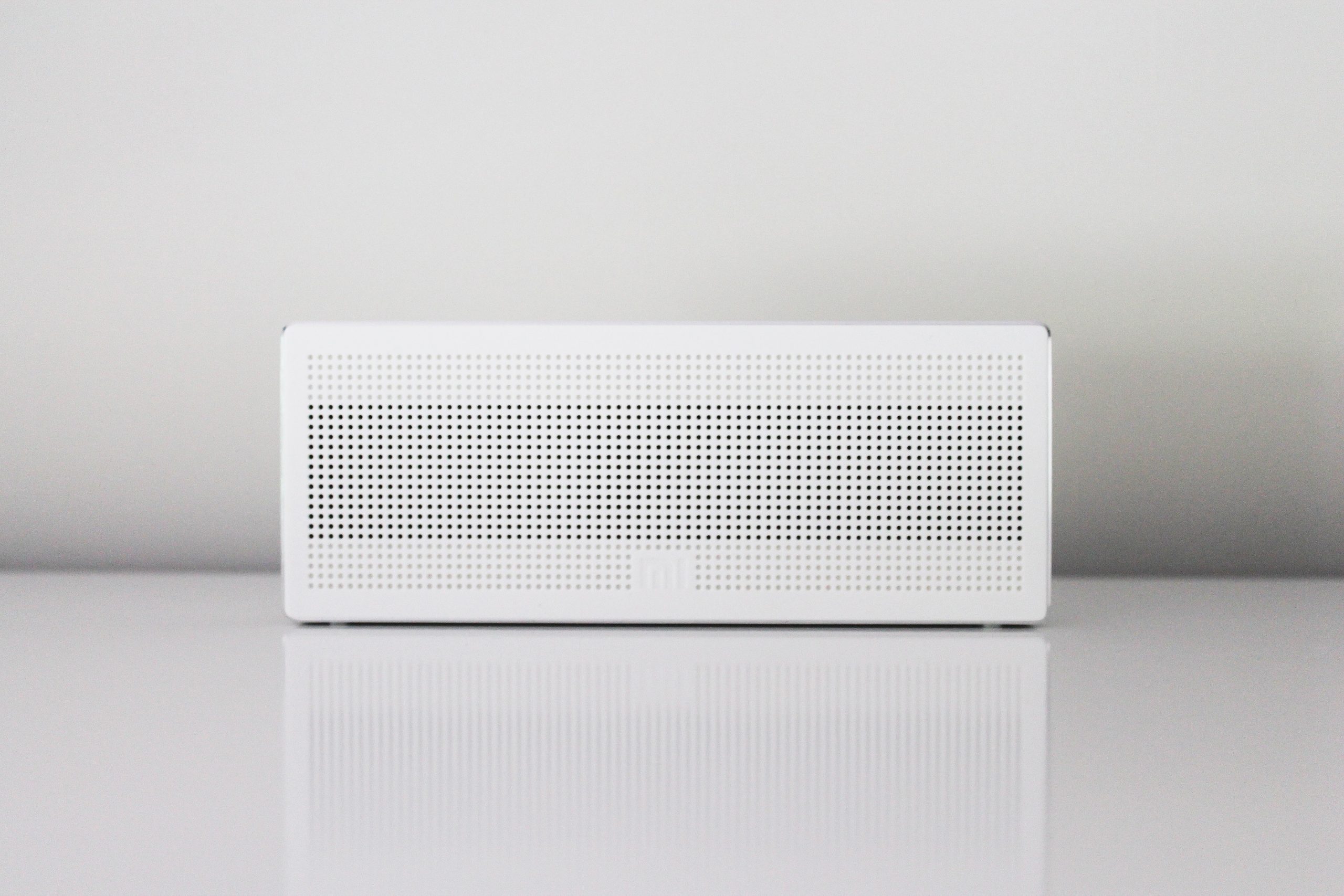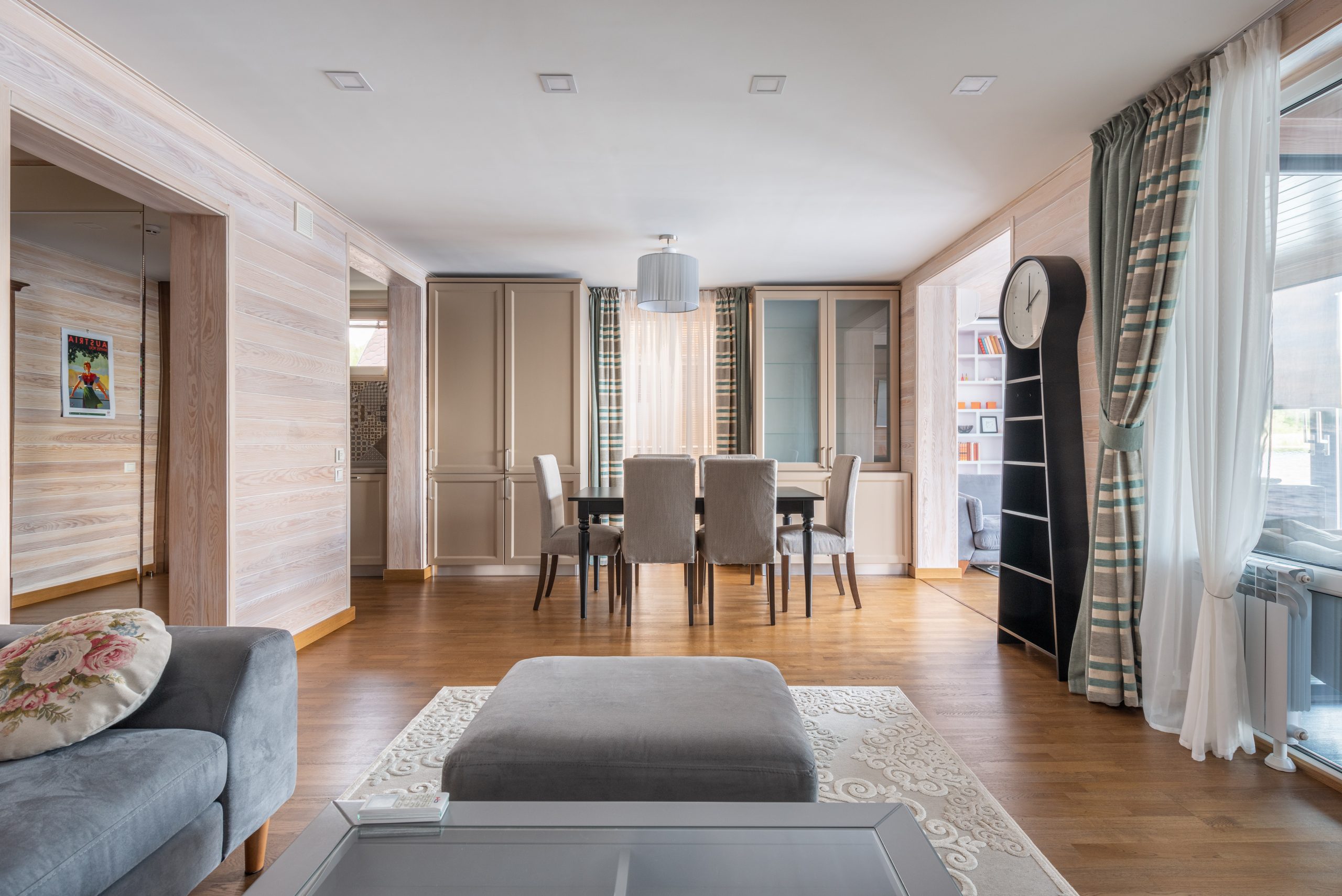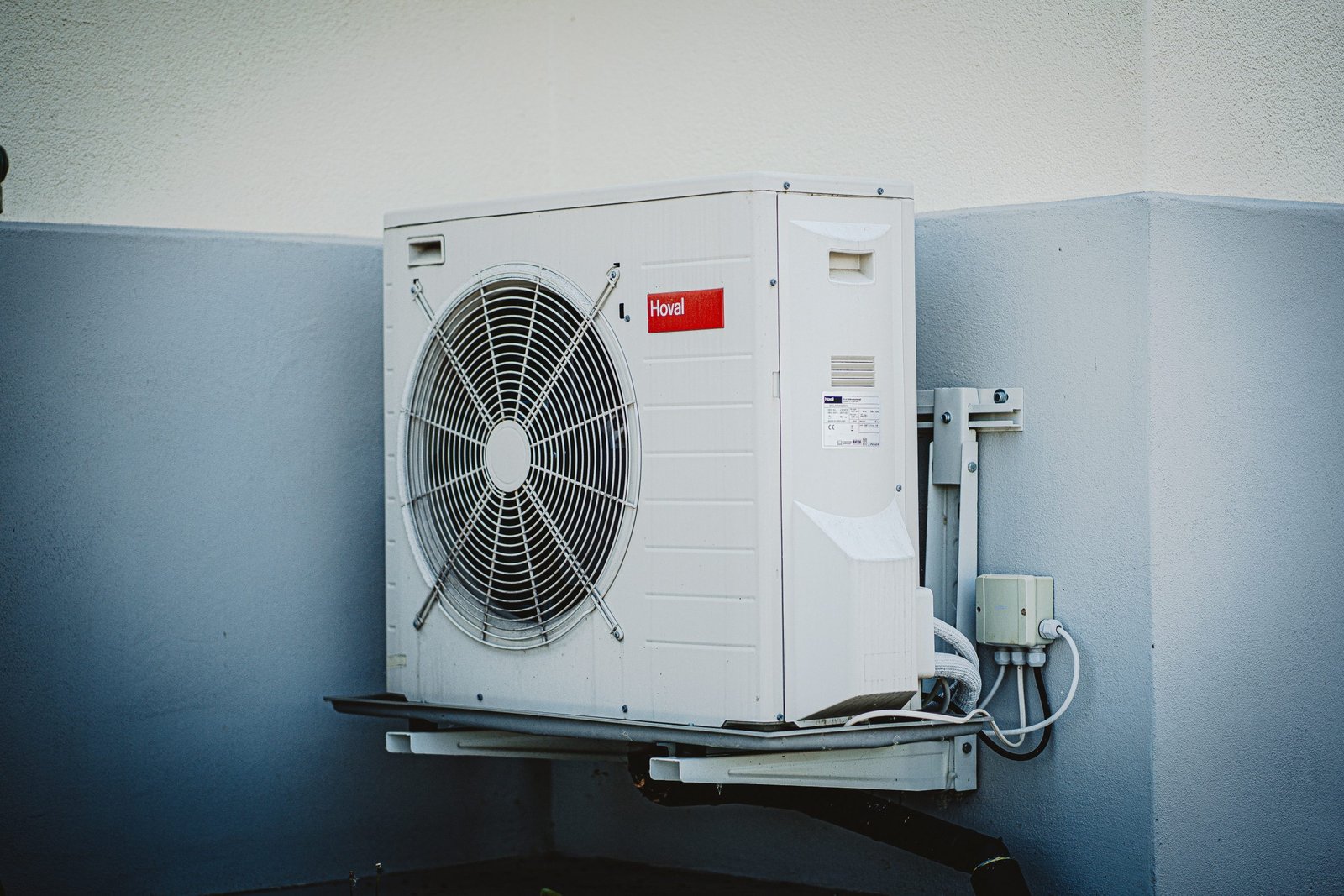
Here’s What Happens If You Don’t Change Air Filter In Your House
What happens if you don’t change the air filters in your house?
When there are so many things going on in everyone’s life, it’s easy to forget to alter the filters. However, there are ramifications for the HVAC system and indoor air quality if this occurs.

In general, if you don’t change the Honeywell air filters in your house regularly, you could end up sending way more on your electric bill, incur repair costs for your HVAC system, have low quality air throughout the property, and your system will even take longer to cool your home.
If you are not sure about the conditions of the filters in your house or if you need help with your HVAC system, check this article.
What to expect when the filters are not changed
Forgetting to change the air filters in the house can be costly and can lead to health problems due to poor air quality. Here are the main things you can expect to happen when the filters are not changed:
1. Higher energy bill
When the filters are not changed for a long time, they tend to accumulate dust and debris, and because of this, they become clogged, impeding airflow. When air cannot pass through the filters, the HVAC system will need to work more and harder to get your house to reach the desired temperature.
Although you set up the thermostat always at the same level and try to economize, you will still spend too much on electricity. In addition, you might notice that it takes longer to cool or warm the house. For this reason, you could be tempted to raise or lower the thermostat temperature to reach the desired goal, which will reflect in the energy bill.
2. Low indoor air quality
Air filters prevent harmful contaminants from staying in the air and from circulating through the HVAC system. For example, the filters will trap dust, pollen, fumes, dander, hair, debris, and other small particles. When the filters are dirty, they can’t anymore trap those particles allowing contaminants to enter the house and into the system.
Note that trash and dirt will enter the HVAC system and cause harm. Dust and toxins in the air are dangerous for the people who live in the house because they breathe it. People can experience respiratory conditions, dizziness, headaches, irritation of the eyes and throat, asthma, and allergies. Over an extended period, breathing bad air can have even more severe consequences, such as cancer.
3. Costly repairs
The high costs are related to the higher energy bill, but dirty filters can be responsible for breakdowns and costly repairs. In addition, when the system is forced to work harder, a lot of strain is put on its parts. The additional wear and tear will cause the system to fail earlier, or some pats will break down faster, and you will need to replace them.

4. Freezing evaporator coil
Clogged filters will prevent airflow through the air conditioner during summer, and the evaporator coil will freeze. The cooling process is responsible for forming condensation, the airflow should dissipate it, and when it doesn’t happen because of the lack of airflow, the coil will freeze.
A frozen coil will block the condenser’s ability to remove heat from the air, make the air conditioner inefficient in cooling your home, and even lead to breakdowns.
5. System failure
The evaporator coil is not the only thing that can bring about the system failure; the blower can also break down due to clogged air filters. If the blower breaks, the rest of the system will stop working, costing several thousands of dollars in repairs.
How often should I change the air filters?
The air filters should be changed every three months to six months. However, some factors can make necessary filter replacement more often, such as the presence of pets, the outside climate, the location of the house, and the age of the system and equipment.
The presence of pets and people with allergies in the house might require changing the filters every two months and even every month in the worst cases.
What are the signs that you have to change your air conditioner filters?
If you are not sure whether or not it is time to change the air conditioner filters, you could look for specific signs that can tell you the answer. For example, if you do not remember when was the last time you changed the filters, most probably it is time to do it.
Another clue is the spike in your electric bills. If you see them increasing month after month, it is time to inspect the filters and change them. The sudden appearance of an allergy or a respiratory condition can signify the air quality in your home is not that good and that the filters might be the reason for it.
If you see dust near the air vent, your filters are fully clogged and not trapping the dust and air particles any longer. In addition, if your house is dustier than usual, it is also a sign that there is something wrong with the air filters. A musty and moldy odor can alert you about the clogged air conditioning system and that it is time to replace them since they are not effective in cleaning the air.
In addition, if it takes too long to warm or cool your house, or longer than usual, you should inspect the air filters first and see if that is the problem.

Conclusion
It is possible to forget to change the air filters, which might have serious implications if not done so for an extended period of time. It is far preferable to have a safeguard in place to prevent this. If you forget, there are signs throughout the house that will remind you that the filters need to be changed.
If you have any doubt about changing your air filters or your HVAC system, do not hesitate to contact us.








